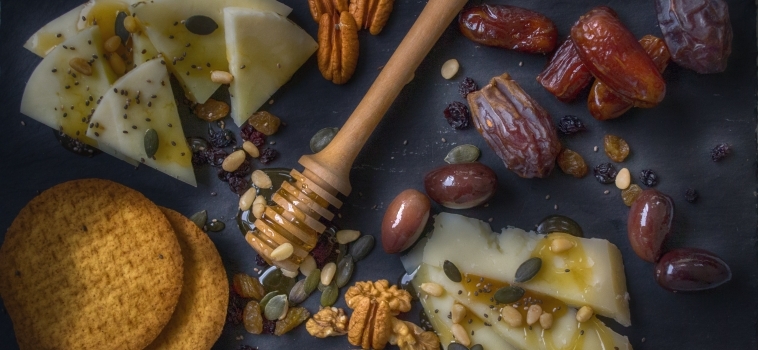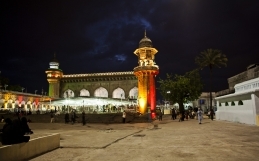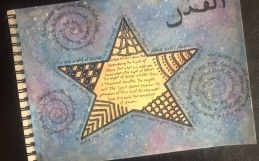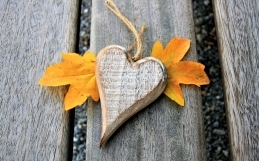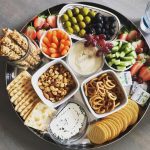As much as Ramadan is about fasting, it’s also wholly about what you eat. We spend a lot of time planning and cooking lavish Iftar dinners for the family, or visiting friends to gather and feast while breaking our fast together.
While we want to be focusing much of our attention on ibadah, it is still important to focus on your food. What you eat has a huge impact on how you feel during Ramadan; physically, mentally, and even spiritually. You will have more energy and motivation to keep up with your worship. Additionally, when you’re mindfully eating healthy foods with the intention of pleasing Allah, well, that’s a form of worship in and of itself, subhan’Allah!
Now, we hear a lot about Suhoor and Iftar, after all, those are the two main meals during Ramadan. But what about snacking? For those night owls who stay up the majority of the night, you might find yourself hungry in between Iftar and Suhoor. Rather than mindlessly picking, you can plan out healthy, balanced snacks that will help you to feel your best during both fasting and non-fasting hours.
Let’s talk a little more about healthy eating during Ramadan, then, I’ll give you some simple, recipe-free ideas for your post-Iftar snacks.
How Food Impacts Your Fast
You might think that because you’re fasting all day, you can eat whatever you want at during the dark hours. Well technically you can, but you won’t feel your best.
Food plays a huge role in how good or bad you feel during Ramadan. Filling up on a lot of fried, refined-carb heavy, or sugar-laden foods is a good way to increase your hunger, cravings, and fatigue. Eating a balanced diet rich in essential nutrients, on the other hand, will leave you feeling full of energy, less hungry, and more mentally sharp.
A lot of Muslims tend to load up on carbohydrates during Ramadan. Bread, white rice, fried dough (yes, your beloved samosas), and let’s not forget desserts and pastries, make up a big part of a typical Ramadan diet. When you eat lots of these refined carbs, your body is getting a quick source of energy. Sure, that’s good, but what happens when your body uses up that energy? You crash and then crave more.
If you pair your carbohydrates with other important nutrients, like protein and healthy fats, your body will have other forms of energy (like storage energy). Once it burns through the carbs, it has more energy stored up which helps to steady your energy levels and keeps you satiated for longer. Not to mention you’re getting all of the vitamins and minerals your body needs.
Are you starting to see how important your diet is during Ramadan?
What Foods to Eat Surrounding Your Fast
So, what foods should you be eating surrounding your fasts? Let’s walk through them one by one.
- Vegetables. Vegetables contain tons of vitamins, minerals, and beneficial plant compounds that your body needs. Strive to fill half of your plate with veggies at Suhoor and Iftar, and even when you’re snacking!
- Carbohydrates. Yes, you can still have your carbohydrates. The key is to eat the right carbs. Instead of white rice try brown or wild rice (or try a mixed blend). Instead of white bread, you can try whole-grain bread. Other healthy, whole-grain carbohydrates you can include are things like quinoa, barley, buckwheat or bulgur. Fruits and veggies count as carbs as well.
- Protein. Protein is a crucial nutrient, and you should include some at every meal. Chicken, beef, and lamb are always good options. Other options include eggs, beans, lentils, and nuts.
- Fats. Most people are afraid of the wrong things. They eat lots of high-sugar foods but avoid fats. You really need to be doing the opposite. Let go of your fear of fats and start including things like extra virgin olive oil, coconut oil, avocado, nuts, seeds, and oily fish (like salmon, sardines, and mackerel) into your Ramadan diet.
- Sweets. We all love our sweets and it wouldn’t be sustainable to try to avoid them altogether. Moderation is key. Learn how to enjoy smaller amounts or better yet, add healthier ingredients into your desserts for a healthy twist.
12 Snacks to Eat During Ramadan
People typically don’t think of snacks as a meal, but you should. Snacks should still be balanced and should include a good variety of nutrients, like the ones mentioned above.
Here are a few recipe-free snack ideas that you can include in your Ramadan diet:
- Sliced Apples + Peanut Butter. For an amped up version, you can core your apple and slice it so they look like rings. Pat the apples with a paper towel then top with peanut butter and some nuts & seeds.
- Mixed Berries + Mixed Nuts
- Dates stuffed with Cheese
- Raw Vegetables + Guacamole
- Whole-Grain Crackers + Hummus
- Ants on a Log – Celery topped with Peanut Butter & Raisins (or Dried Cranberries)
- Greek Yogurt topped with Trail Mix
- Hard Boiled Eggs + Grapefruit
- Whole-Grain Toast topped with Mashed Avocado & Sunflower Seeds
- 2-3 pieces Dark Chocolate + Almonds
- Cucumber Slices + Cream Cheese + Smoked Salmon
- Smoothies – Frozen Fruit + Spinach + Peanut Butter + Milk
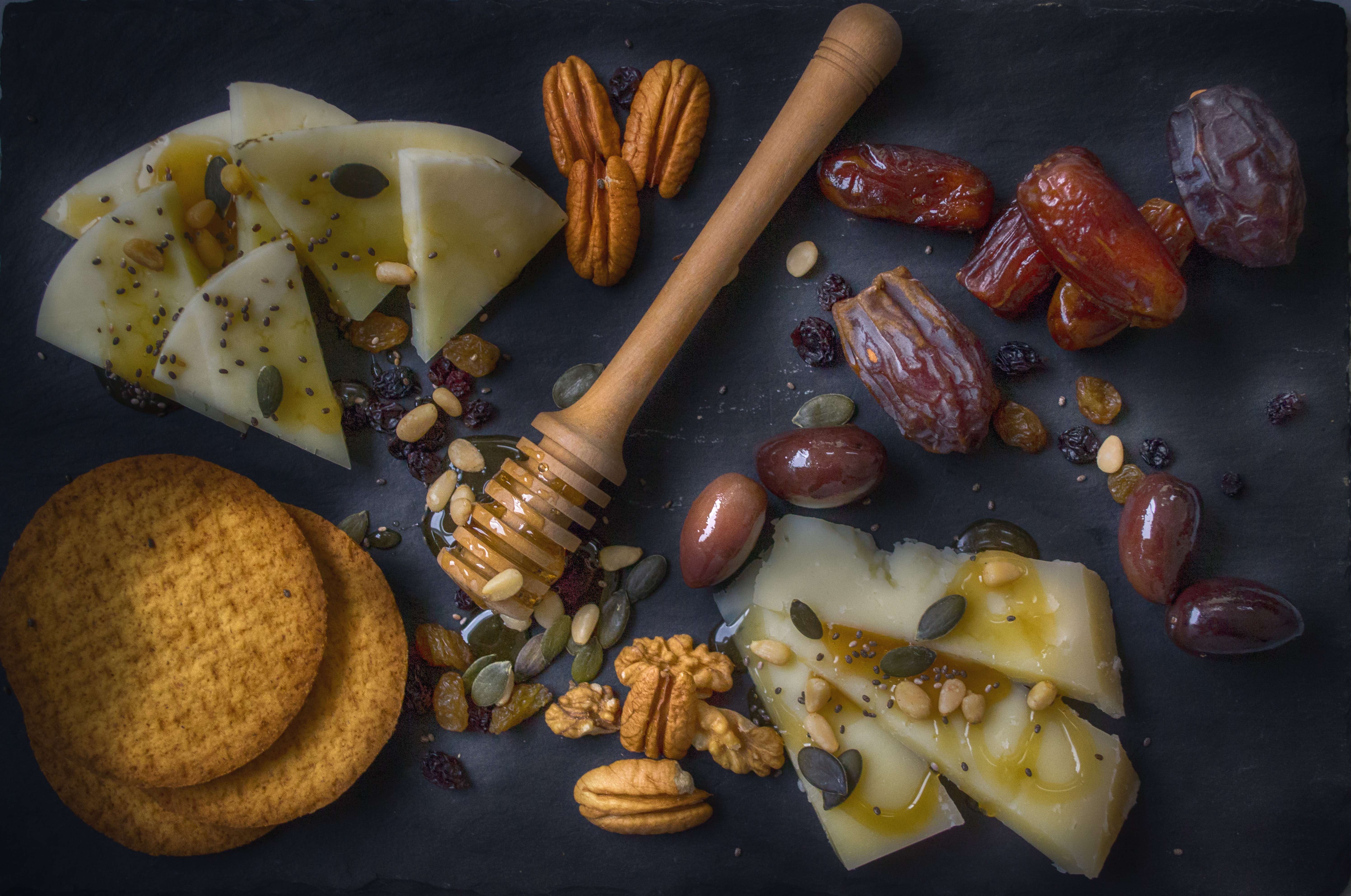
Eat a healthy, balanced diet doesn’t have to be hard or boring. Putting in the little bit of extra effort to be sure you’re getting in a variety of nutritious foods will make all the difference in your Ramadan, in shaa Allah.
Author Bio
